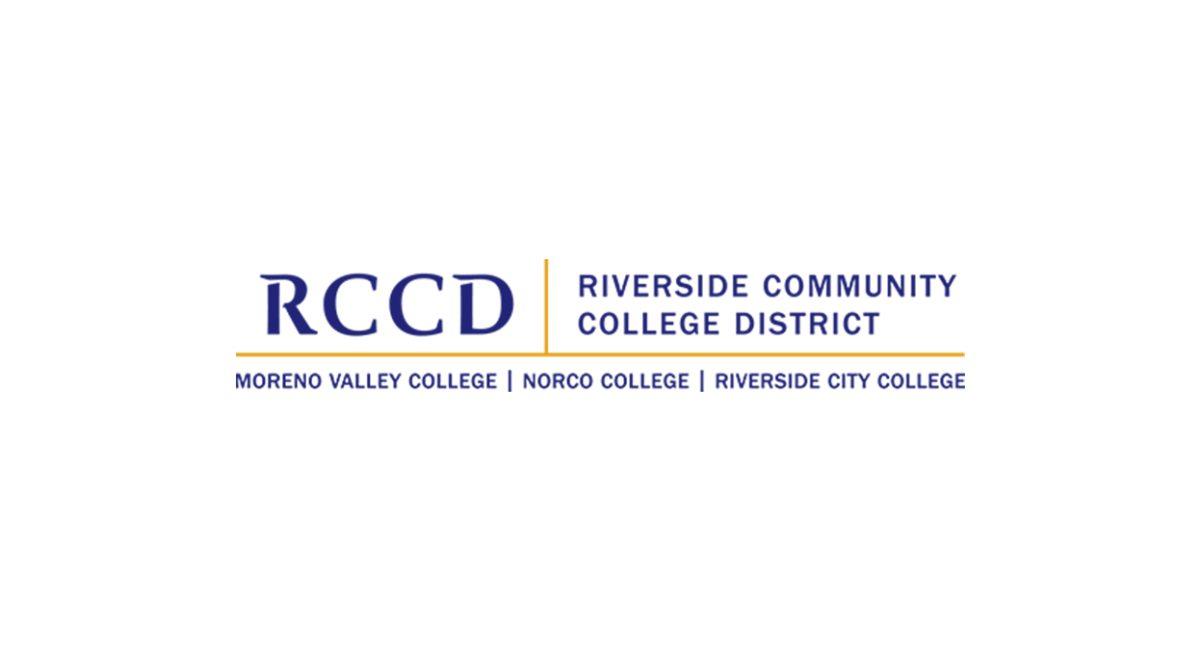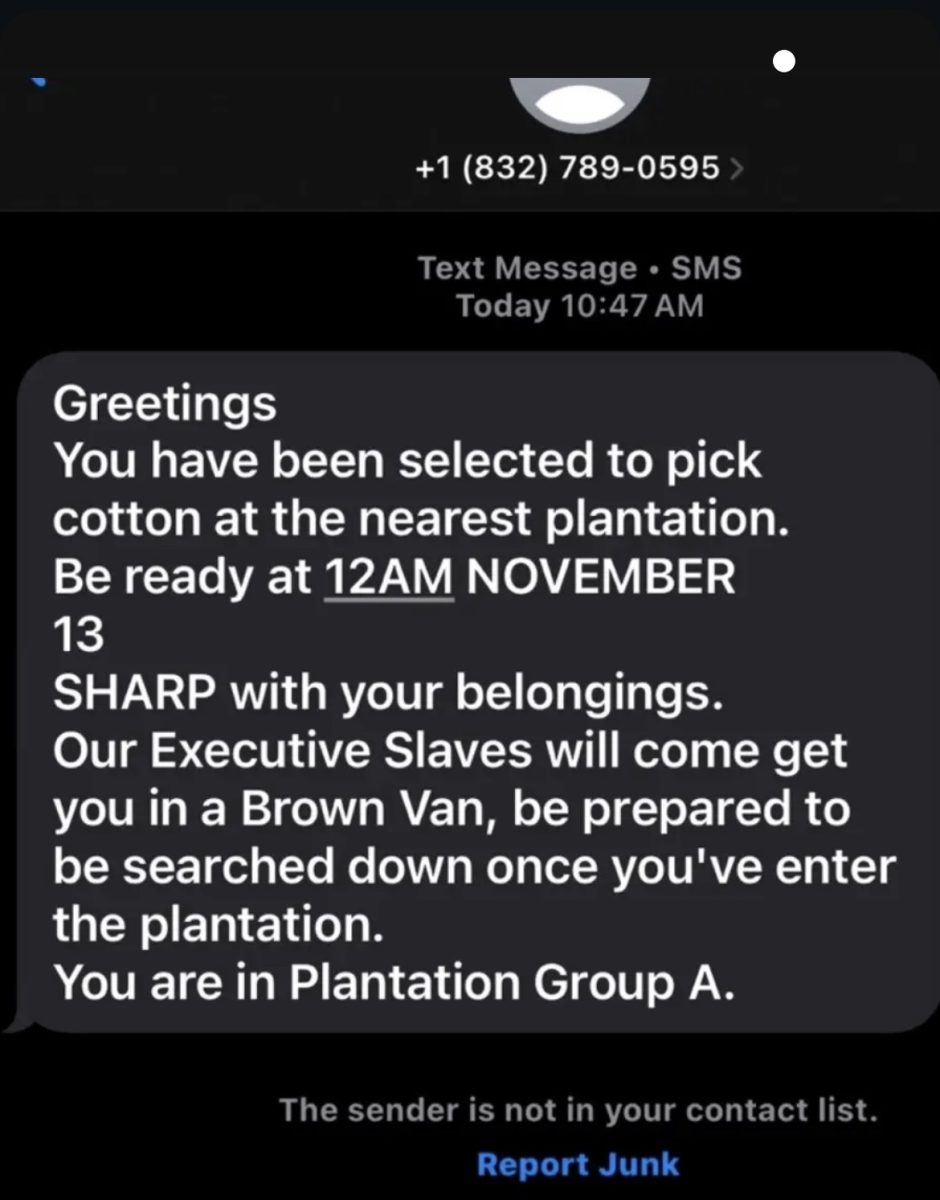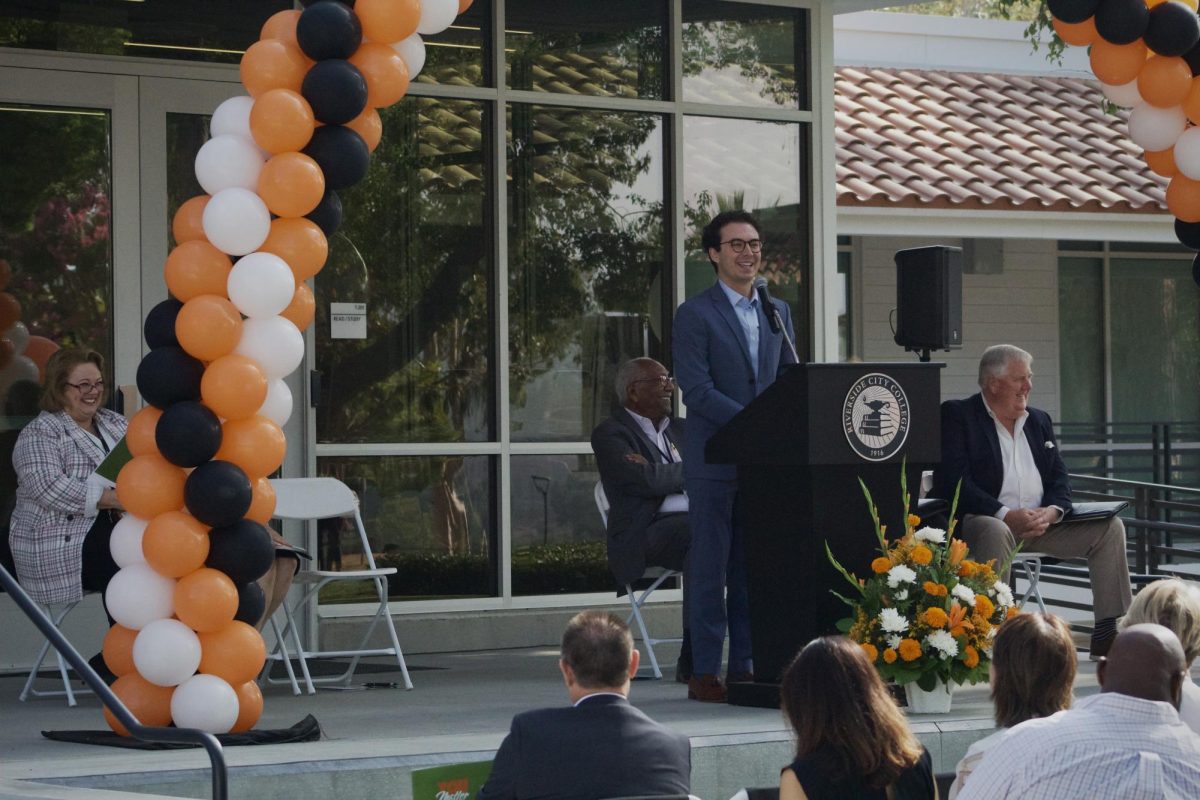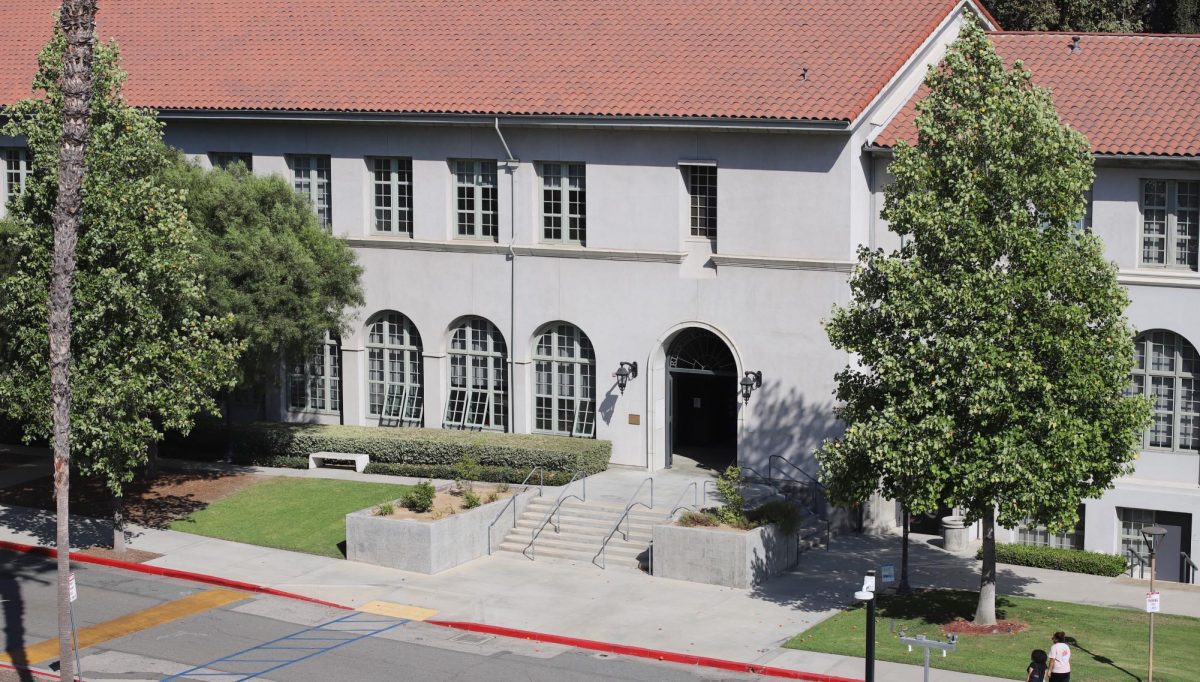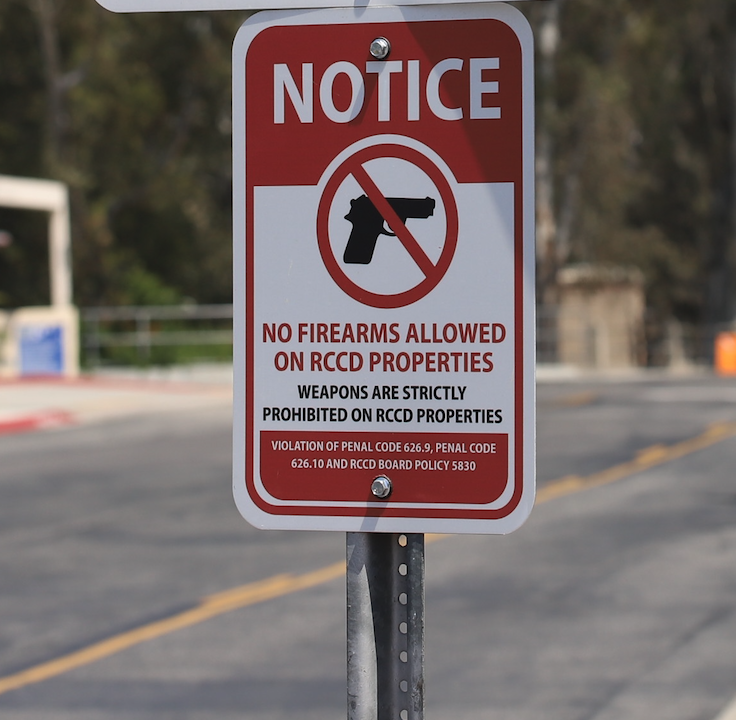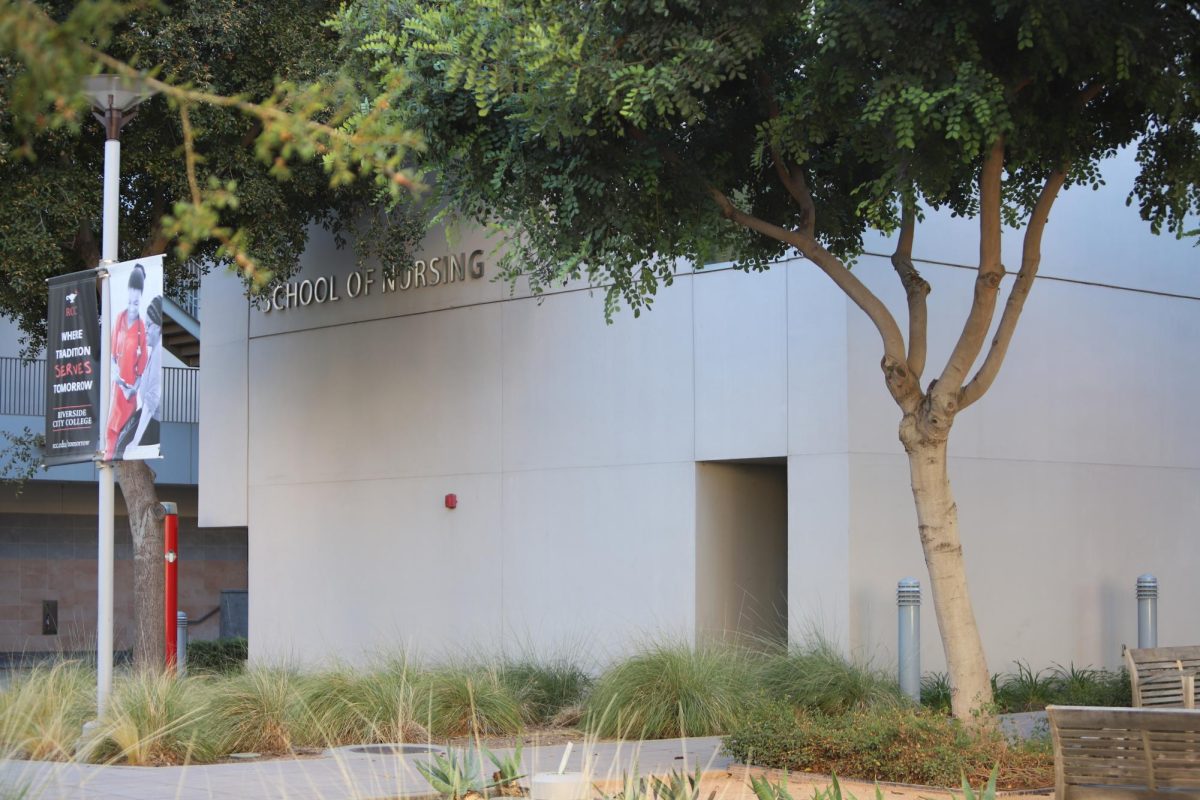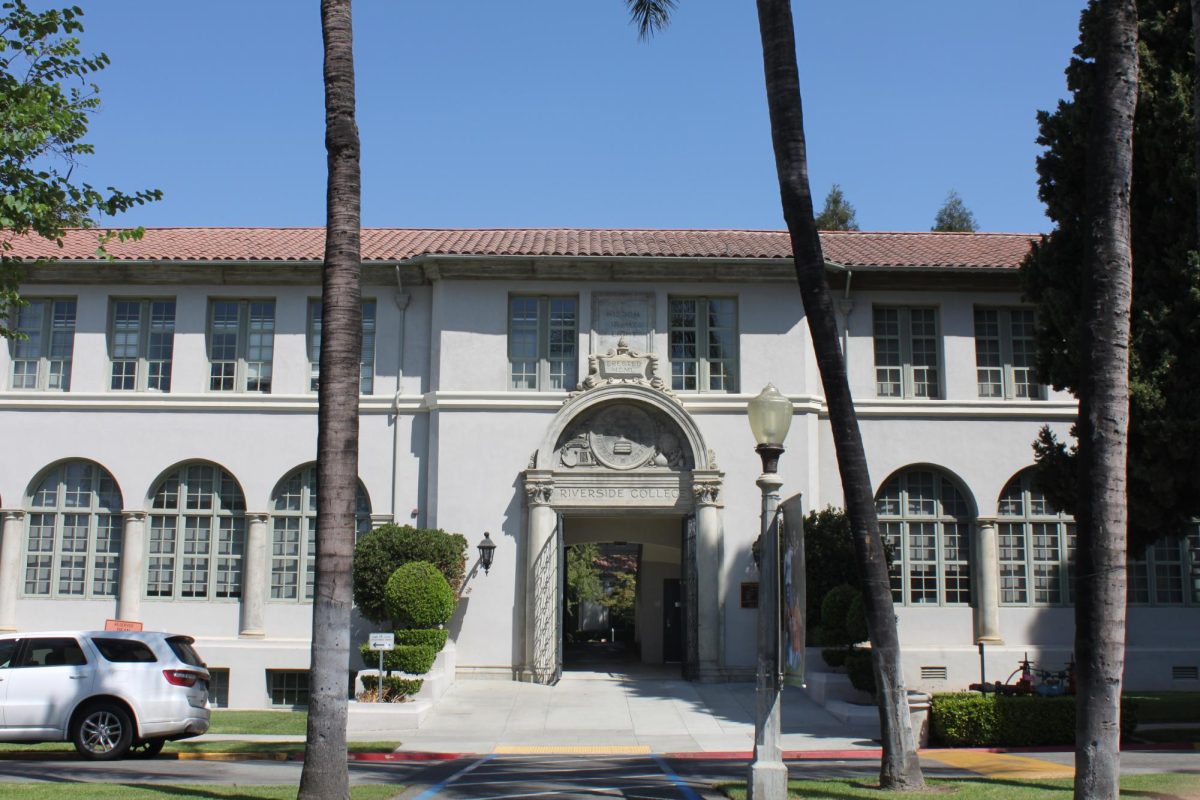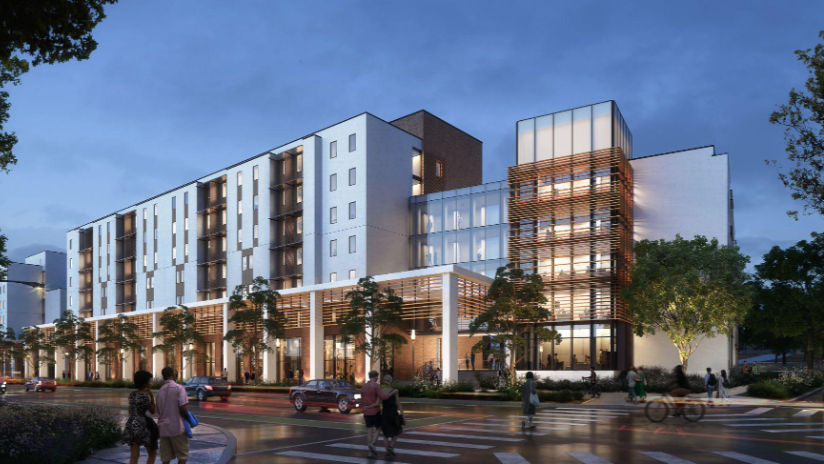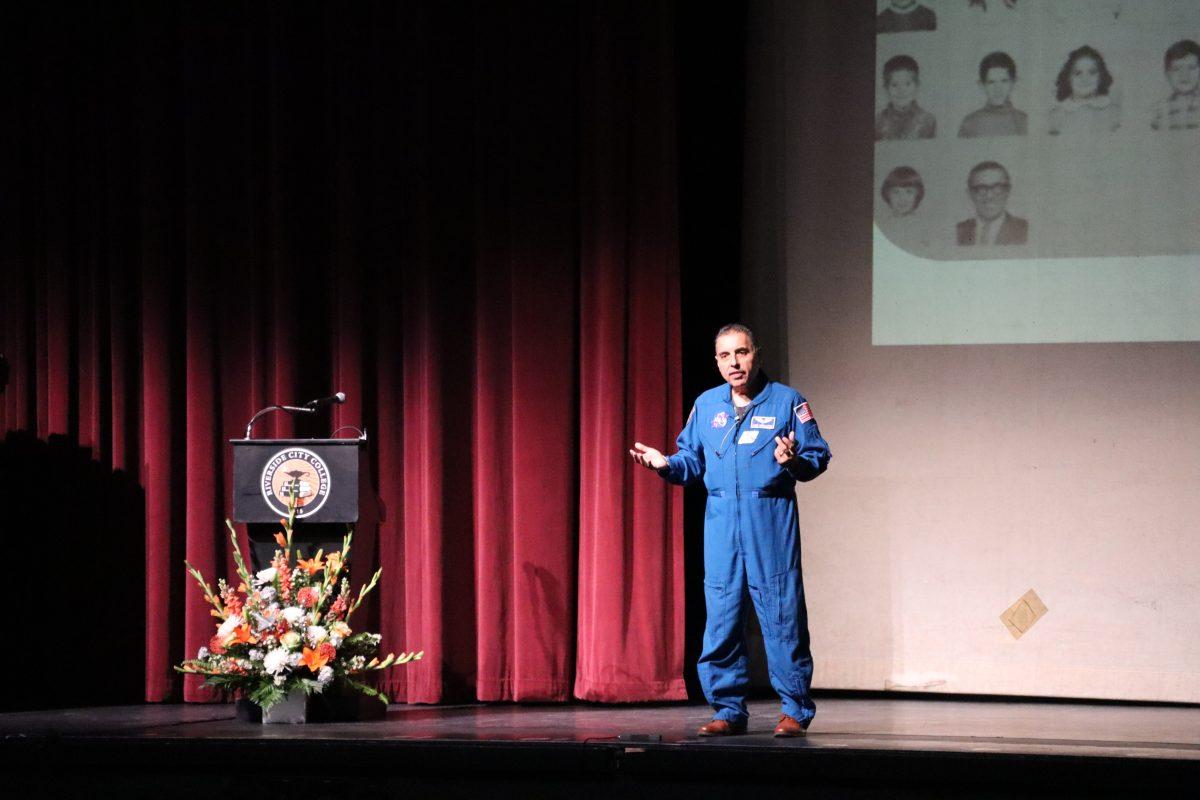By Erik Galicia
Riverside Community College District faculty have raised concerns that the current structure of Board of Trustees committee meetings is cutting into the district’s shared governance processes.
The board holds two meetings per month: a committee meeting on the month’s first Tuesday and a regular meeting on the second. Committee meetings are meant for the review and discussion of items prior to them being voted on at regular meetings.
But instructors say administrators’ lengthy reports on items result in an overload of information at committee meetings. They argue the reports fall on deaf ears and that the statistical bombardment makes it difficult to engage in meaningful conversation about the issues.
“It’s long-winded, somewhat endless presentations of lots and lots of information that’s impossible to digest in one sitting,” said Rhonda Taube, RCCD Faculty Association president.
Faculty are recommending a return to a more conversational style of committee meeting, where they receive reports in advance so they can read through the information before it is presented.
According to Dariush Haghighat, Riverside City College Faculty Association vice president, committee meetings were characterized by a productive exchange of ideas during the leadership of former district Chancellor Salvatore G. Rotella. The change in the meetings’ structure, he said, came during the tenure of Rotella’s successor, Gregory Gray.
Under Rotella, Haghighat said a copy of the board’s book would be left in each stakeholder representative’s mailbox days before committee meetings, allowing for open discussion and questioning during the actual meetings. When Gray became chancellor, he eliminated the board book and implemented a top-down style of governance, according to Haghighat.
“One night, I get to the meeting and the whole meeting had changed,” Haghighat said, noting that before Gray, trustees would sit with the audience and participate like stakeholders during committee meetings. “Now, the board was behind the podium. I said, ‘Is this a committee or a regular meeting?’”
Haghighat said that the role of stakeholders was substantially reduced at that point and management took over.
“Now they’re competing with each other,” he said. “Administrators are justifying their own existence with long reports.”
The association’s RCC vice president emphasized that he is in favor of reports and knows current Chancellor Wolde-Ab Isaac is welcoming of open dialogue, but called for data presented during committee meetings to be more of a summary highlighting the most important aspects of reports, which should be followed by an engaging conversation with stakeholders.
“We need to be able to persuade and educate each other,” Haghighat said. “If this doesn’t happen, we’re not going anywhere.”
Isaac argued the presentations are of the utmost importance because they detail the work and progress being made in the implementation of policy.
“We need data-driven, decision-making processes,” he said. “If we say we are going to improve student success, we need data to show where we are at. We can’t just say we are doing OK. We need to provide evidence.”
Isaac also said the district is looking at rotating committee meetings between the three colleges when the campuses reopen. Because Norco and Moreno Valley Colleges are further away from the district headquarters than the Riverside campus, holding meetings at the campuses would allow for higher attendance from Norco and Moreno Valley stakeholders.
Mary Figueroa, board president, said she will likely implement a roll call for possible questions from committee members after presentations.
Board vice president Bill Hedrick also said he is in favor of anything that will streamline the important aspects of reports, as faculty are recommending.
The chancellor said he understands the faculty’s concerns and that committees should be expanded and reports provided in advance to enrich discussion.
“Changes are on their way,” he said.

